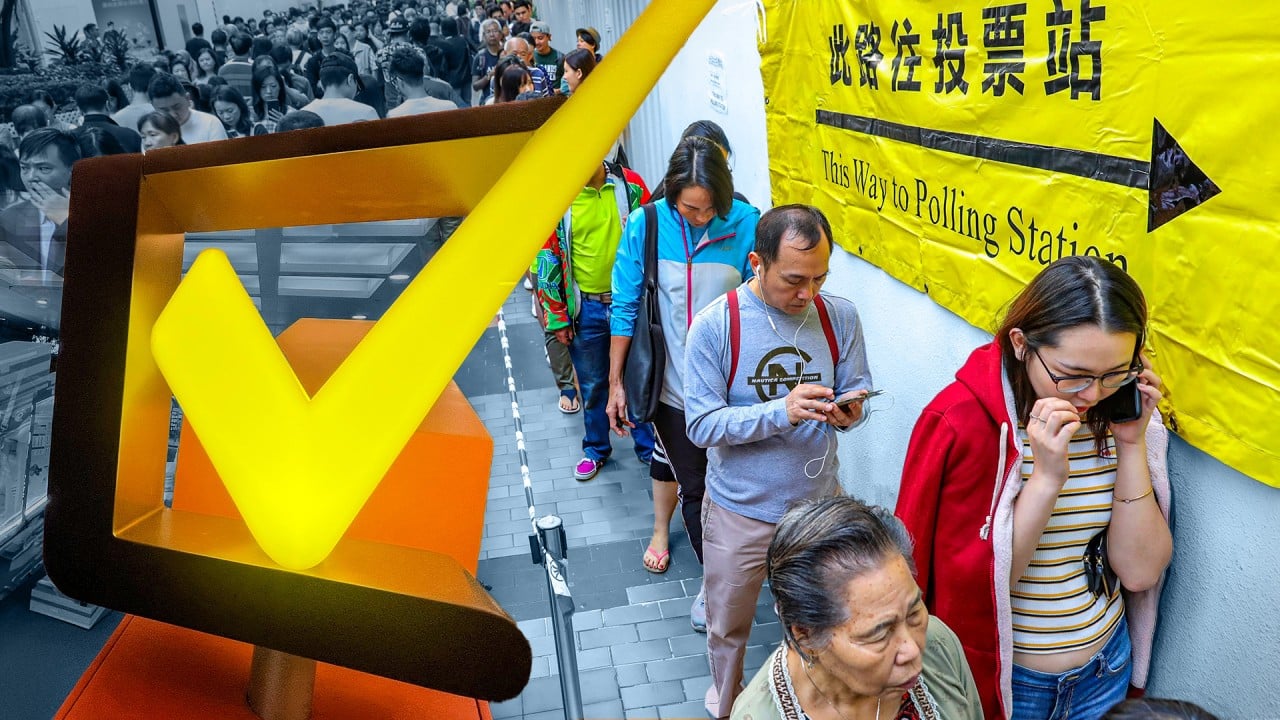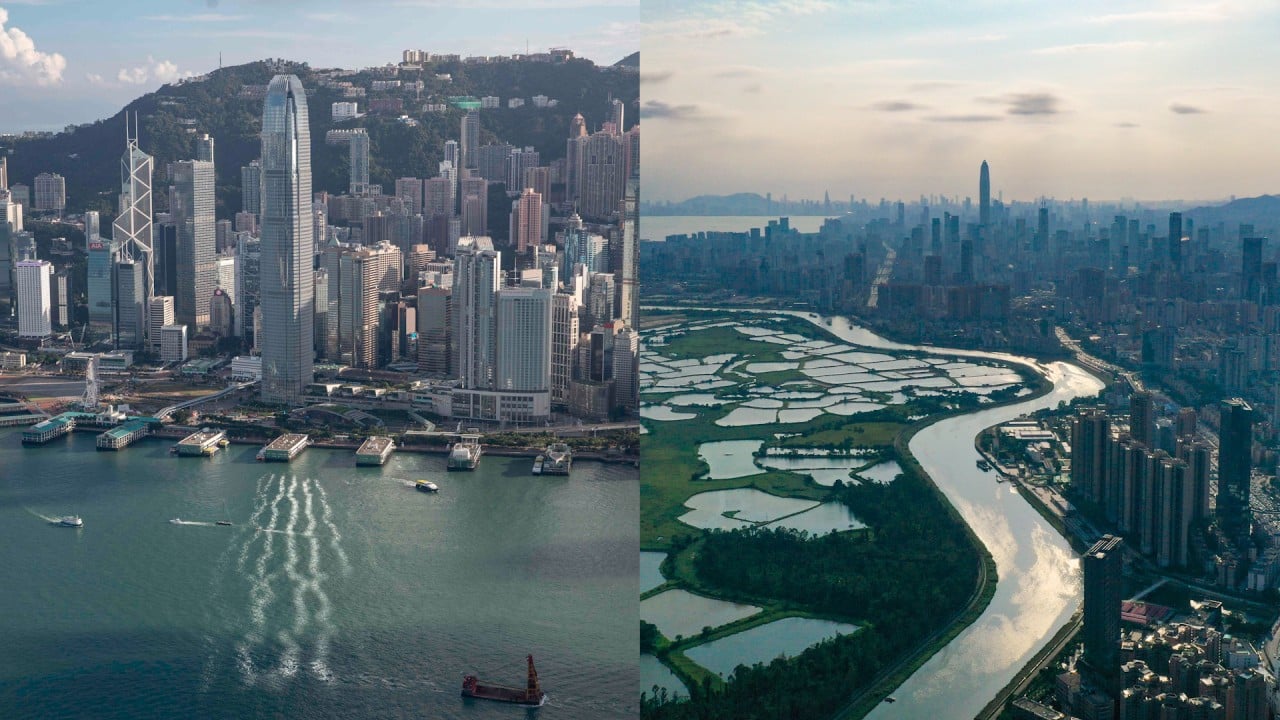
Hong Kong must defend the ‘two systems’ advantages that make it special
- Vicious geopolitics is hurting the world’s perception of Hong Kong and its autonomy, causing a slide in credit ratings and risk assessments
- But Hong Kong should also reflect on whether it has indulged too much in past glory and is ill prepared for survival and revival under new national and international conditions
A quarter of a century later, the “two systems” advantage seems to be under threat. Some international media have even portrayed Hong Kong as facing an existential crisis.
The economic difficulties are not just cyclical, nor simply due to global headwinds. They are symptomatic of deeper structural challenges. Despite Beijing’s reiterations that “one country, two systems” is to persist, cynicism and conspiracy theories abound.
Hong Kong should beware of knee-jerk reactions and overkill in the new circumstances. But vicious geopolitics is driving an undue sense of external threat. How to reduce distrust and hostilities globally is a pressing task.
The writing is on the wall: to marginalise and hollow out Hong Kong.
Meanwhile, the international business assessment is shifting. According to the World Bank’s global governance indicators, Hong Kong’s 2022 score in “voice and accountability” has plunged to the 35th percentile, from 61st in 2017, though it still ranks high in government effectiveness, regulatory quality, rule of law and control of corruption, while political stability has improved after the 2019 low ebb.
Last month, the US-based Cato Institute and Canada’s Fraser Institute released the 2023 Human Freedom Index. Hong Kong was ranked 46th out of 165 territories, down from 29th. The two think tanks have long been bullish on Hong Kong, ranking it third globally in 2010. Now, its individual freedom is cast in serious doubt although its economic freedom still ranks second.
If Hong Kong is increasingly framed as being politically “one system” with the mainland, the logic follows that it faces the same political risk assessment.
Hong Kong mustn’t be afraid to vaunt its capitalist credentials
With closer economic integration, the mainland has become a major source of capital and talent. This is natural when the mainland economy has vastly expanded, with educational and professional standards rapidly lifted.
Such a tendency to benchmark mainland standards and converge to the mainland’s modus operandi, even for the purpose of policy learning, may, by default, minimise Hong Kong’s institutional distinction. If the city’s performance fails to deliver the vigour of an alternative system, who can blame the doubters?
The risk of losing the “two systems” advantage comes from both external moves and suspicions, as well as domestic inertia and self-deprecation. The issue is not integration per se but integration leading to homogenisation. It is about balancing two systems and institutional legacies within a dynamic synthesis.
Hong Kong needs to attract a global talent pool, not just more Chinese
Anthony Cheung is a former secretary for transport and housing (2012-17) and former president of the Education University of Hong Kong (2008-12, then known as Hong Kong Institute of Education)




